Beautiful, brave, and big Great Danes hold a special place in our hearts. Great Dane is a large dog with German origins and descended from multiple breeds of large game hunting dogs from ancient Greece. But despite their larger-than-life persona, this giant breed has a relatively shorter life span.
Why is the life span of Great Dane short?
Big dogs like Great Dane get the short end of the stick when it comes to longevity. They live between 8 to 10 years, with some living only for 6 to 7 years. There are a few lucky ones who reach old age till 12 years. In comparison to the small dogs who live almost twice as long, this doesn’t seem fair.
It also poses an interesting paradox. Some of the longest-living animals in the wild like, whales and elephants, are also the largest, while the smaller animals like rodents live for only a handful of years. So why is it different for dogs?
Scientists fail to understand the exact reason behind the contradiction, even though they have few theories. They are not aware that large dogs appear to age faster than smaller ones.
It is almost as if large dogs live their adult lives in fast motion, and maybe this is why bigger dogs seem to have a shorter life span.
Health problems in Great Dane
If we keep scientific mysteries aside, Great Danes are prone to quite a few health conditions that may shorten their life span.
Thyroid Problems
Great Danes are prone to thyroid problems. Autoimmune thyroiditis is the major cause of hypothyroidism in Great Danes. Luckily, the disease can be regulated and monitored with medication. Your vet can monitor your dog’s thyroid levels with simple blood work.
Joint & Bone Disease
The presence of giant frames in Great Dane makes it obvious that they tend to experience bone diseases like osteoarthritis and hip dysplasia. The conditions are gradual and often result in a slow deterioration that requires owners to decide the dog’s quality of life.
Many large dog breeds like Great Danes benefit from joint supplements like glucosamine. If your dog is diagnosed with arthritis, your vet will recommend a chewable supplement veterinarian-grade dose of chondroitin and glucosamine.
You can also purchase supplements with these ingredients for your Great Dane, who might be prone to develop hip dysplasia and arthritis down the line. The joint supplements are useful for early intervention, and throughout the progression of arthritis, they are safe for long-term use in most patients.
Cardiomyopathy
Great Danes dog breeds are best known to have big hearts, but the figure of speech has a darker and more literal meaning. Great Danes frequently suffer from cardiomyopathy. It is a heart disease where a heart muscle leads to the enlargement of the heart itself.
Bloat
The breed is particularly susceptible to bloat, which is dangerous and often a fatal condition. It results in the cutting of blood supply and stomach twisting.
Dogs that suffer from bloat once often get it a second time, and your vet may recommend a tacking procedure that helps minimize and try future risk.
If you own a Great Dane or another breed prone to the disease, consult your vet about the symptoms of bloat and how you can avoid it.
Tips to improve the life span of Great Dane
As owners, we have a lot of control over what goes on in our dogs’ lives to what they eat, and how often they exercise. But can we control how long our dogs live?
The answer is a bit of yes and more of no. There are many things we can’t control, from cancer to biology. But there are also a few things you can do to help your Great Dane reach the upper limits of her life span.
Responsible breeding
Responsible Great Dane breeders will provide you with a healthy history of their breeding lines. As you choose a puppy, always look for a breeder who has had their dog tested for hip dysplasia.
He must be aware of the other genetic problems like autoimmune thyroiditis, eye problems, and heart disease.
If you adopt a Great Dane from a rescue organization, you may not get access to your dog’s pedigree. You can always have your vet evaluate him for any potential risks so that you can come up with a good wellness plan that specifically targets your dog.
Healthy Diet
A healthy diet is a crucial thing for the overall health of Great Dane and especially during puppyhood. Great Dane puppies like a giant and large breed dogs require special nutrition to prevent them from growing too quickly.
Excessive growth can lead to musculoskeletal diseases like hypertrophic osteodystrophy, osteochondrosis, and dysplasia.
As the Great Dane matures, exercise and diet continue to play a vital role. Obesity is a risk for giant breed dogs and can take years off of their already short lives. Obesity leads to orthopedic diseases like elbow and hip dysplasia and health problems like diabetes and osteoarthritis.
Feeding your dog with an appropriate diet makes sure your Great Dane gets regular exercise, and it will help her stay in shape by increasing her odds of living longer.
Preventive care
Bloat is a challenging thing to avoid. Scientists are still not aware of the reason for its cause or how you can prevent it. Veterinarians recommend feeding multiple small meals every day instead of one large meal to avoid.
You must avoid exercising around mealtimes. If you want more information on it, it is best to consult your vet for the same.
Usually, catching a problem or disease early improves the chances of survival and recovery of your dog. Great Danes are big dogs that also means it will cost bigger veterinary bills. But do not consider it as a reason to skip out on regular checkups.
You must keep your dog up-to-date when it comes to vaccination. It helps make sure your vet is always aware of any changes in your pooch’s mood, appetite, or activity levels. Your veterinarian can also help to manage any joint conditions like osteoarthritis that develop with age.
The life span of Great Dane is shorter than small dogs, but they are not alone. There are other giants and large breeds like Dogue de Bordeaux, Irish Wolfhounds, and Bernese Mountain Dogs that may have shorter lives.

 DogExpress
DogExpress

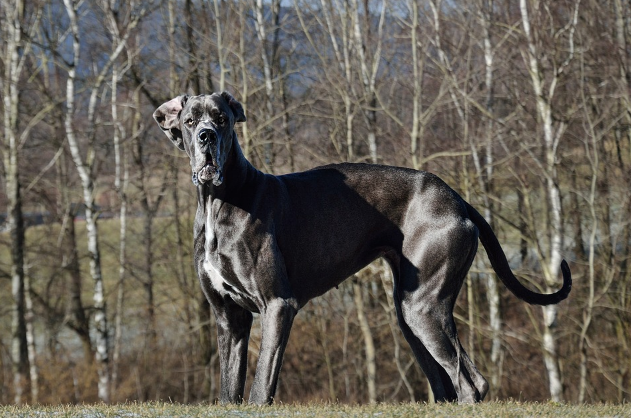
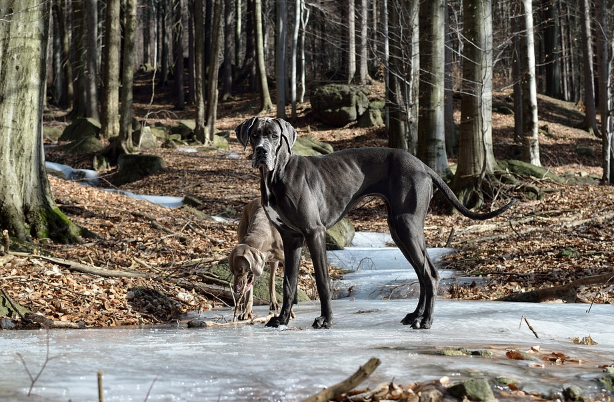
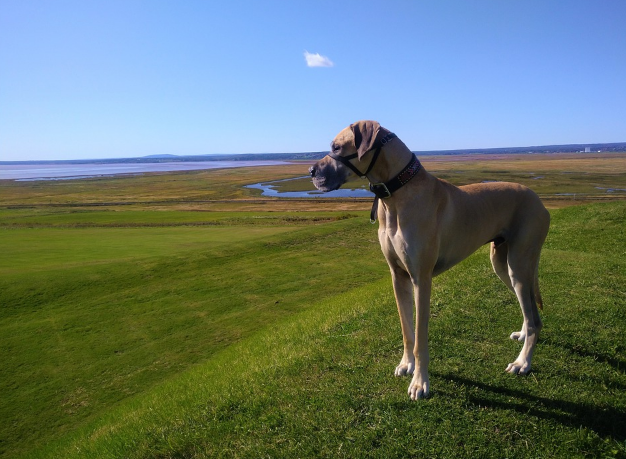
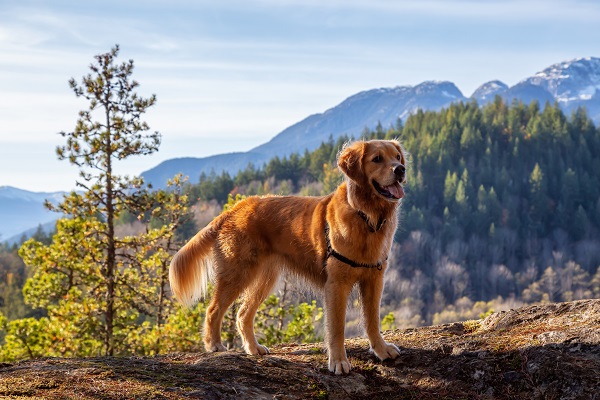
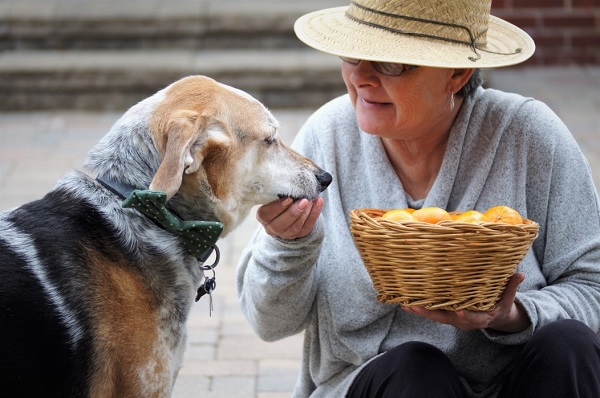
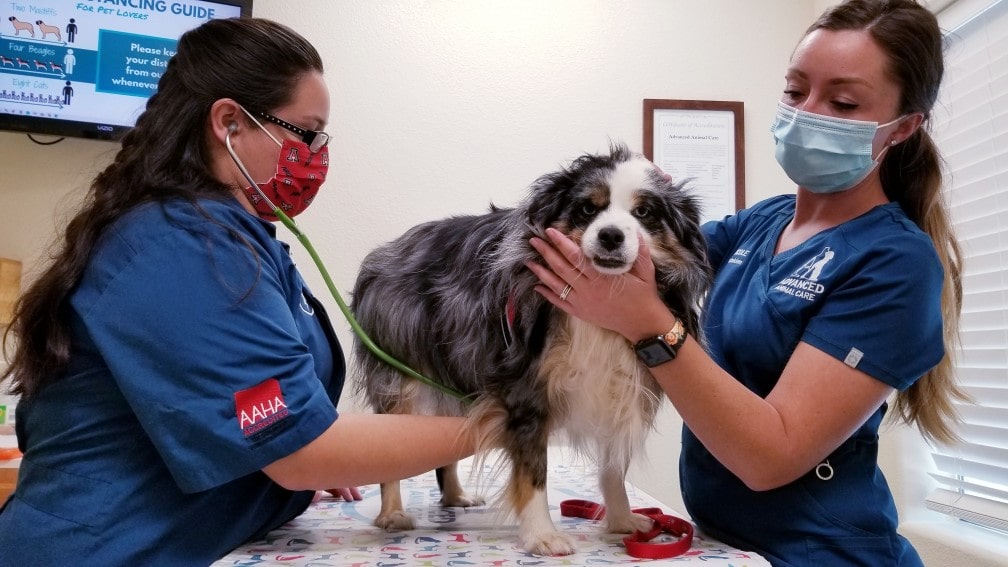
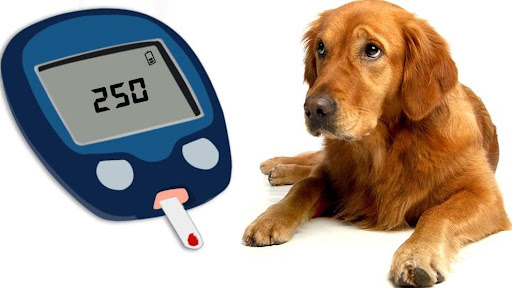












 in Chandigarh, India.
in Chandigarh, India. 
